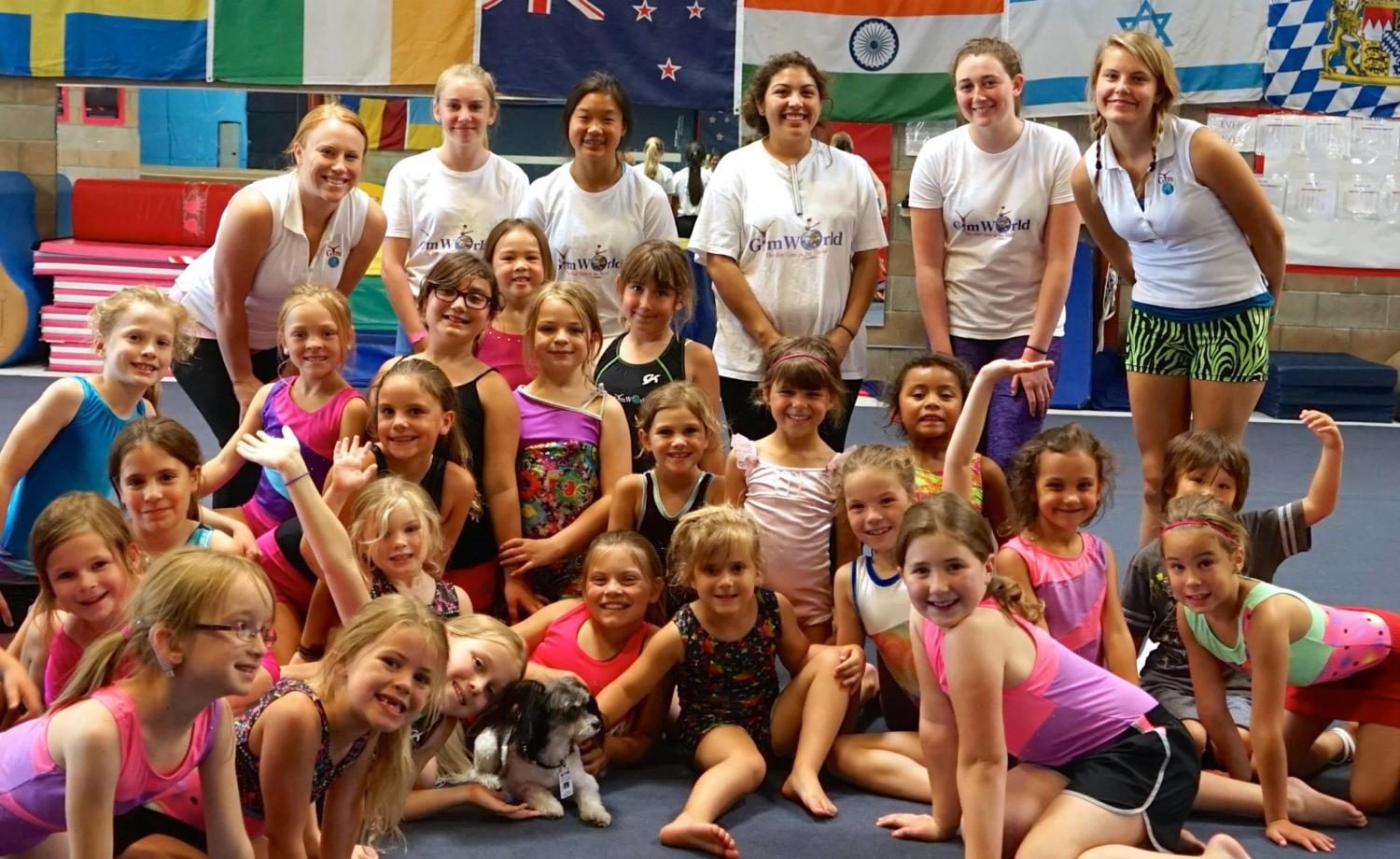Urban School students take on a diverse array of summer jobs
At 1:30 pm on June 8th, 2017, Urban students will disperse from the school and embark on a variety of summer adventures.
Some students will go on graduation trips that take them around the world, some will attend academic programs, some will take advantage of the extra hours of sleep summer affords them, and others will work summer jobs.
While balancing a job during the school year can verge on impossible, the summer provides an opportunity to explore endeavors that are not feasible during the school year.
Urban students hold a wide range of jobs including restaurant hostesses, gymnastics coaches, and cashiers, among others.
The reasons these students chose to take a summer job are just as diverse as the jobs themselves.
“I really just wanted to have a job. Any job. Not only to make money but to have the experience of working with adults … [The summer of] freshman year, I spent a lot of the summer being bored. Having a job after sophomore and junior year made my summers more interesting and gave me something to focus on,” said Larkin Levine (‘17), who held a job as a hostess at a French restaurant the past two summers.
Pascal Leong (‘20), who works at a music camp, sees a summer job as a stepping stone. “I’m hoping to gain money and work experience that I can put towards getting a better job,” he said.
Though many students have summer jobs outside of the field they are interested in pursuing a career in, many of the lessons learned are applicable to any job.
Sophie Richards (‘18), who works as a cashier in a bakery, said that “I hope to gain people skills. You have to communicate a lot with people and it’s really hard.” She continued, “[though] I don’t want to be a baker, I want to be a doctor and I want to help people and I have to be good at communicating with people if I want to be a doctor. So it’s good to learn now how to communicate with people so I can just bring those skills into the future.”
“It’s taught me a lot about responsibility. Like if you’re in a working situation, you’ve got to show up 100 percent all the time so it’s taught me a lot about work ethic,” said Maceo Anderson (‘18), who works at a restaurant.
Though these students find the work experience valuable, money is often part of the equation as well. Anderson said that “my mom gives me money to do basic stuff but when I want to buy a certain item of clothing or go out to the movies and get a bunch of snacks, then having a bit of pocket money for that is nice.”
But all the aforementioned benefits are counterbalanced by challenges faced on the job.
One obstacle is finding a job in the first place. Many students, such as Anderson, Leong, and Hannah Platter (‘18), who coaches gymnastics, had existing relationships that they utilized to get their jobs while others had to go on a job search.
Richards said that “[I] walked in and I asked if they needed help and they said no so I walked in 2 years later and they said yes, give us your resume.”
However, simply asking for a job is not easy for everyone. Platter, who started coaching as a natural transition after training at the same gym as a gymnast, said, “I’d be way too scared of rejection so I think it’d be really difficult to find [a job] if I didn’t have a connection.”
Data shows that it is increasingly hard for teens to obtain summer jobs. According to the Bureau of Labor Statistics, the summer youth unemployment rate is roughly three times the national unemployment rate. Joseph McLaughlin, a research associate at the Northeastern Labor Studies Center, said “teens are the lowest in the hiring queue because they have less experience and can usually only work limited hours,” in an interview with ABC News.
Even after students got their job, multiple students reported feeling doubted or underutilized because of their age. “A lot of parents don’t like when teenagers are coaching their kids. They think we’re irresponsible which I think is really not true. We have less experience than the older coaches that have been coaching for 20 or 30 years but I don’t think that is stopping us from being good coaches at all. We’re closer to having done gymnastics and we still have a lot of training behind us,” said Platter.
Anderson said, “Being the youngest person on the staff by five years [means that] I have to be willing to take sacrifices just to hang with everyone else. I do think I get underutilized at times but I think me being willing to move around and be versatile and do whatever’s needed makes me a more valuable employee.”
Levine, though, had an opposite experience. She said, “The restaurant had hired teens before and I fit right in. My favorite part of the job was interacting with my adult co-workers and joking around with them. They treated me like an adult, though they did occasionally make fun of me for being younger than the wine we sold at the restaurant.”
Richards said, “Honestly, I feel like I’m overestimated. You have to memorize all the ingredients of all the foods and it’s really complicated. I feel like I’m held to the same standards as people that are 20, 30 and 40…I like getting treated fairly but it’s definitely hard.”
Through it all, Anderson said, “My job’s kind of exhausting and takes a lot out of me but to me, it’s worth it.”












